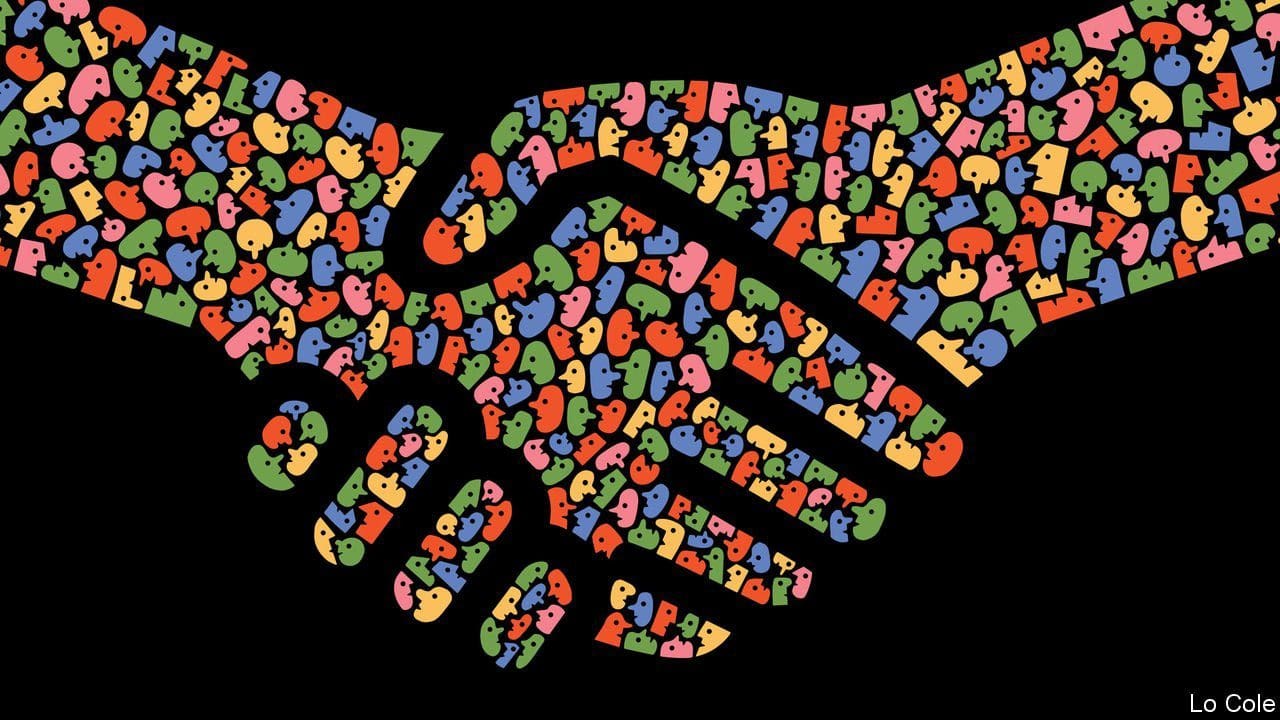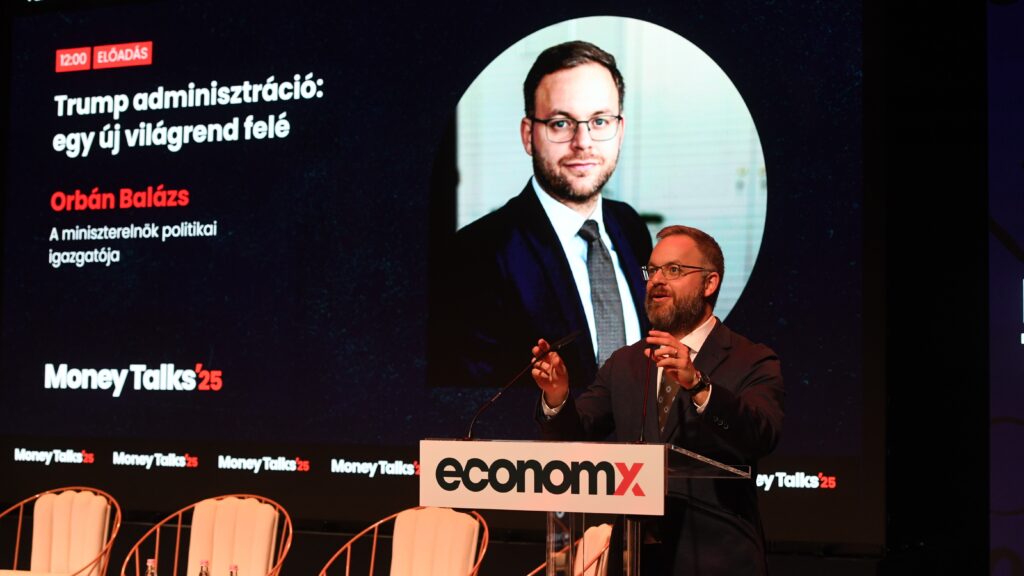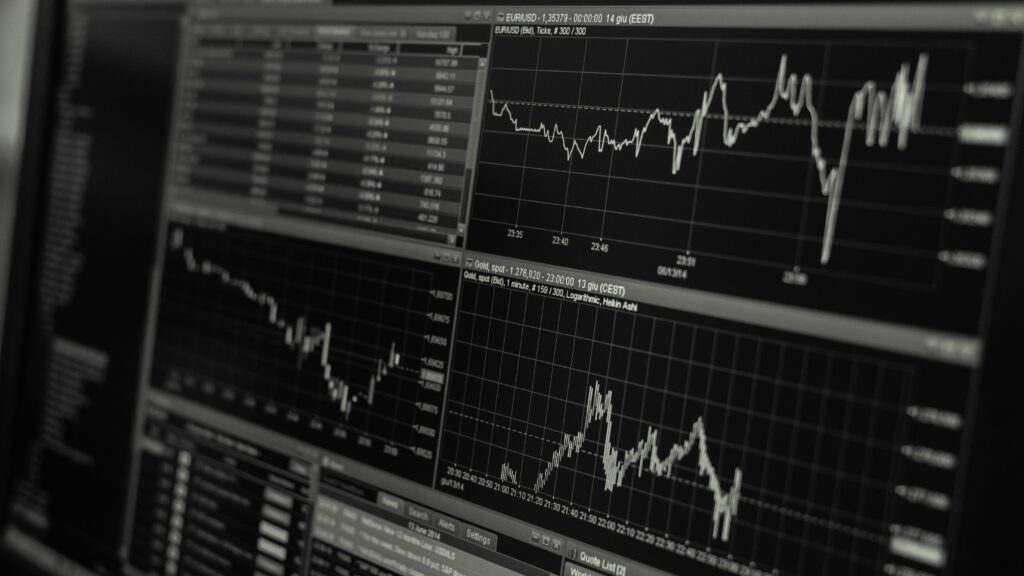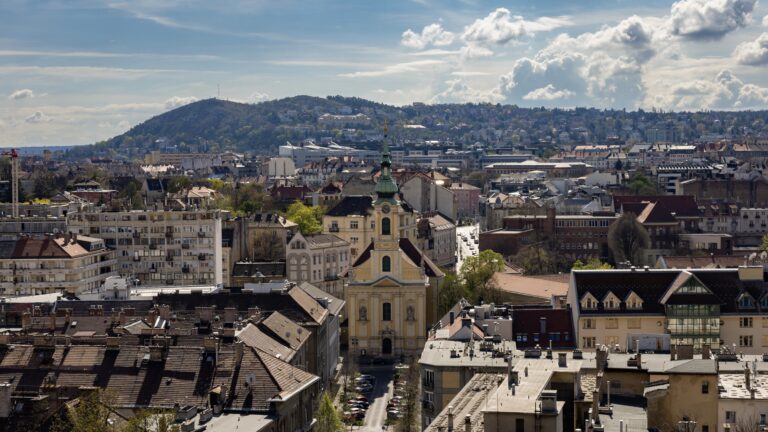People throughout the civilised world have been coerced ever since the spread of the COVID-19 virus to temporarily yield certain freedoms, such as the right to worship and the right to peaceful assembly, private gatherings with family and friends, being able to go to work, access to social venues, etc. Heads of governments, under the justification of ‘self-preservation’ declared for themselves emergency powers in order to licitly implement measures that either restrained and/or controlled individual movement through full and partial lockdowns and vaccine passports.
This ‘self-preservation’ is part of a social contract envisioned by the seventeenth-century English philosopher Thomas Hobbes in his Leviathan. Since, according to Hobbes, man’s nature was in the state of chaos, he therefore ‘shall think it necessary, to lay down [his] right to all things’. The surrendering individual rights was, of course, contingent on whether or not the legitimate political authority can effectively protect those from an aggressor — in our present-day case, the coronavirus.
The greater part of the global population have gotten vaccinated given their pliability that they would not succumb to the disease, nay regain their full liberty
It has now been nearly two years since the initial outbreak, for which the greater part of the global population have gotten vaccinated given their pliability that they would not succumb to the disease, nay regain their full liberty. Yet, the jabs failed to fully protect people from the virus as it has mutated, which has led to governments issue even tougher restrictions, even controversial if not unconstitutional vaccine mandates, as the reported number of infected people has risen — in most cases lack of proper medical treatment after getting infected has increased both the morbidity and mortality risk associated with COVID-19. A state of chaos parallel to the ‘horrible calamities’ of the English Civil War of the 1640s in which Hobbes believed that being under an authoritarian government was necessary for man’s survival is being presented to us today on a regular basis. The answer by global elitists is a new social contract. One that has the potential to further limit, if not strip away our civil liberties, that could alter the course of how we think and behave for generations to come. It is called the ‘Great Reset’ (GR).
What is the ‘Great Reset’?
The GR is a project of the World Economic Forum (WEF) — an independent Geneva-based international organisation whose membership includes some of the most prominent CEOs, diplomats, celebrities, media personalities, government officials, religious leaders, and union representatives from around the world, which seeks to ameliorate and rebuild the global economy sustainably following the COVID-19 pandemic.
The GR was officially unveiled in 2020 by WEF director and founder Klaus Schwab and Charles the Prince of Wales, yet in reality it is a follow-up from Schwab’s “Global Redesign” (2010) report that calls for a globalised world to be managed by a coalition of multinational corporations, governments (via the United Nations) and select civil society organisations of both the public and private sectors.
Officially, its specific objectives are:
- Shaping the Economic Recovery
- Harnessing the Fourth Industrial Revolution
- Strengthening Regional Development
- Revitalising Global Cooperation
- Developing Sustainable Business Models
- Restoring the Health of the Environment
- Redesigning Social Contracts, Skills and Jobs
‘The world must act jointly and swiftly’, Schwab says, ‘to revamp all aspects of our societies and economies, from education to social contracts and working conditions. Every country, from the United States to China, must participate, and every industry, from oil and gas to tech, must be transformed. In short, we need a “Great Reset” of capitalism.’
Since then, the WEF platform has conducted a series of GR gatherings to promote its ‘rebuilding’ theme, which is nothing else but an enhancement of the United Nations’ sustainable development agenda (a worldwide Green New Deal) that would essentially eliminate industry, agriculture, infrastructure, and other means of life, wrapped up as commitments to goals of Zero Emissions and ‘new system.
The paradox is that this new social contract is to be done in the post-pandemic period, notwithstanding that officially we are still in a declared COVID crisis. Yet there is an apocalyptic tone by its proponents to get the GR up and running, as was vehemently stated by Prince Charles that we are ‘literally at the last hour in the fight against climate change’.
This portentous tactic is reflective of what David Rockefeller, banker and philanthropist, wrote in his Memoirs when he had to override the general population for his economic endeavours to ‘induce apocalyptic visions of omnipotent international bankers plotting with unscrupulous government officials to impose cunning schemes on an ignorant and unsuspecting world’.
The Shortcoming of the Great Reset
Aside the undermining of the institution of the family with its LGTBQ agenda and its advocacy for abortion on demand as seen in its open criticism of then President Donald Trump’s reinstatement of the ‘global gag rule’ — a policy halted federal funding from health services that offer, or advise on, abortion — one of the fallacies of the GR is the means by which the WEF intends to establish its new social contract — ‘stakeholder capitalism’.
Distinct from shareholder capitalism, the stakeholder programme seeks to implant an alignment of companies mainstream reporting on performance against environmental, social and governance indicators and track their contributions towards the Sustainable Development Goals on a consistent basis.
In theory, stakeholder capitalism is to ensure that every individual citizen and important interest has a stake in society and a voice in the way it is run. In order to arrive at this, firms should must be reorganised so that all stakeholders, such as shareholders, consumers, and employees are able to participate in the making of decisions.
Thousands of corporations, like FaceBook, Huawei Technologies, Pfizer, and Yahoo, have already signed onto into what would entail radical and dangerous changes to the global economic system — the GR has been even endorsed by the Holy See. This is because the stakeholder capitalism focuses only on maximising shareholder value, without conforming to basic rules that are embodied in law and those embodied in ethical custom. Such non-observance of ethics by the WEF was highlighted by Sofia Monsalve of FIAN International, a human rights organisation focused on food and nutrition:
‘There is no discussion on land concentration or holding companies accountable for their environmental and labour abuses. They just want to come up with new investment opportunities’.
The bottom line is that large corporations, specifically those that provide everyday necessities as a result of their reluctance to address the production which dominate the sectors of oil, food, technology, and pharmaceuticals could ultimately restructure society and control the supply chain.
Since there is no universal goal agreed upon in society, there would be no universal litmus test to ascertain what it is preferable or not preferable to both stakeholders and shareholders. This is why the concept of stakeholder capitalism remains ambiguous, if not precarious. Consequently, would be subjectively constrained to consider any group or individual that claims to be affected by a firm’s objectives. How much consideration each stakeholder gets, what their interests are, and how these arrangements will be measured and enforced are unknown.
Advocates of stakeholder capitalism normally signal to unions as a necessary safeguard for workers. The dilemma is that historically workers’ advocates can be even more short-term-focused than shareholders are because public-sector unions regularly demanded large, unsustainable pensions and post-retirement health-care benefits. In fact, as senior fellow at the Manhattan Institute Allision Schrager states:
‘Forcing companies to behave more like governments and acquire more representative constituents will distort business, dampen value, and erode prosperity’.
WEF’s goal is to forge a permanent dichotomy in society that would eliminate the middle class and keep developing countries
As American scholar Michael Rectenwald explains, the WEF’s goal is to forge a permanent dichotomy in society that would eliminate the middle class and keep developing countries from global competition by abolishing property rights of the majority, as well as individual and national sovereignty. In essence, it would eradicate the last vestiges of personal freedom. And they are using COVID-19 (and climate change) as pretexts to enslave what will remain of humanity, using never-ending lockdowns, experimental vaccines, and pervasive and inescapable surveillance. In other words, the COVID pandemic has been used as a stratagem to usher in a new system of global centralised governance by unelected leaders.
This was already attempted in the 1970s by David Rockefeller when he aided and abetted by his protégé Maurice Strong to bring about his climate agenda front and centre in order to wrest control of the world’s natural resources from sovereign governments and indigenous peoples into the hands of corporate-owned non-government organisations.
This all fits into the “one world government,” proposed by the aforementioned Rockefeller and what other global elites have planned for decades. As he stated during a UN business conference on 14 September 1994: ‘We are on the verge of a global transformation. All we need is the right major crisis and the nations will accept the new World Order’.
The GR represents the development of the Chinese Communist Party’s economic system in the West, only in reverse. “Whereas the Chinese political class began with a socialist political system and introduced privately held for-profit production later,” Rectenwald says, ‘the West began with a degree of capitalism and is implementing a socialist political system now’.
Not surprisingly, the Chinese Communist Party has played an important role. Beijing was represented at the initial WEF meeting by Ma Jun, chairman of China’s Green Finance Committee and member of the National People’s Congress. He pushed for ‘strict environmental regulations’ and a higher proportion of state-run ‘green projects’ than at any time in history.
The defining features of capitalism, i.e., competitive markets, a price system, private property and the recognition of property rights, voluntary exchange, and wage labor are evidently absent from this new social contract, along with any hope of upward mobility. In the most blunt terms, this is technocracy. Klaus Schwab’s GR or stakeholder capitalism is a betrayal of democracy since it takes decisions that should be democratic out of the hands of the people in lieu of the elite technocrats.
Edmund Burke once said the ‘people crushed by laws, have no hope but to evade power. If the laws are their enemies, they will be enemies to the law; and those who have most to hope and nothing to lose will always be dangerous’.
We as a society have not reached that moment of despair, notwithstanding massive protests — normally unreported by the mainstream media — from both vaccinated and non-vaccinated citizens against unrealistic measures. Yet, just as the National Socialists polarised the German people in the 1930s and 40s in order to carry out their atrocities, the global technocrats by instigating an apocalyptic ultimatum under the ‘Great Reset’ can perhaps do far worse.








